- Learning time
- 30 minutes
- First play time
- 60 minutes
Mini Rogue
Designed by: Gabriel Gendron,Paolo Di Stefano
Inspired by the dungeon crawling of role-play classics such as Dungeons and Dragons (as well as numerous board games) Mini Rogue sees one or two players explore the subterranean depths of caves, monsters, traps, as well as the occasional helpful encounter. Your goal? To find and capture Og’s Blood, a mythical gemstone, guarded by none other than the ghost of Og himself. You can play as one of numerous adventurer types, each with their own special abilities, and track your experience (XP) health (HP) armour, food and gold on your player board; each element having its own, sometimes critical, uses.
It sounds like an epic undertaking, and thematically it is. But Mini Rogue is relatively breezy game that takes 30 minutes solo, and only a little longer with two.
Each level of the dungeon (-there are ten) is represented by cards dealt randomly from the deck into a 3×3 grid, with the bottom-right representing the objective (and as such, this space is filled by special monster cards). At the start of the game you ‘arrive’ in the top left card, ‘resolve’ it, and then can move either rightwards or down, so you are always progressing to that bottom-right destination.
Resolving sounds a little nebulous, but most of the cards are reasonably straightforward, and involve skill checks: rolling dice to see how you do. You begin with one white character die, but can add more (up to three maximum) by improving your adventurer’s XP. A successful skill check, generally speaking, gives you good stuff: more XP, more health, gold, food… maybe even potions to use. An unsuccessful skill check and you’re at the mercy of the black dungeon die: occasionally harmless, or even good, but often problematic: simply follow the chart on the card to see what happens, before – if you’re still breathing – you move on. Some for instances: you might find treasure, trade with merchants, share a meal with hermit and – not least – fight the odd monster.
Fighting is pretty straightforward too: more dice-rolling and damage dealing on the part of both sides. You get to attack first, so if you defeat the monster you’ll take no damage. If you do take damage, this will be in the form of your health points dropping – hopefully not to zero!
At four of the ten dungeon levels, there is a ‘boss monster’ to face. Assuming you defeat them, a new ‘level’ of cards are dealt, and you begin again top-left, consuming food to sustain you and refreshing your special abilities if they have been used. At the final card of level ten, you face off against Og himself, who – not unreasonably – wants to hang on to his precious gem. Do you care?! No, you’re a swashbuckling adventurer, born to hurl dice and cry in triumph!
Or possibly despair.
The guru's verdict
-
Take That!
Take That!
None from your playing partner, should you have one, as you're on the same side. The game can occasionally be a little punishing, but then it is a dungeon.
-
Fidget Factor!
Fidget Factor!
Entirely absent!
-
Brain Burn!
Brain Burn!
Relatively low. There's a kind of puzzle aspect to Mini Rogue, and the route you choose to go can be critical, but it's not a game that will weigh you down with big decisions - it's a fun but of dice-chucking in the main.
-
Again Again!
Again Again!
Although you'll get to know all the possible cards, you can never predict what order they'll arrive in. Different adventurers and the campaign mode add in extra variety.

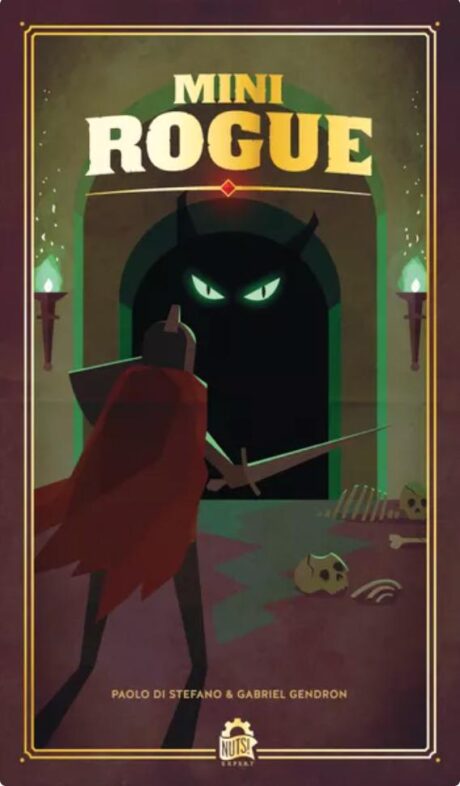

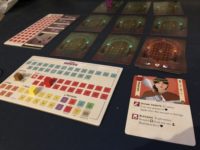
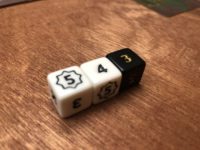
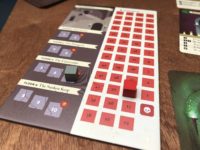
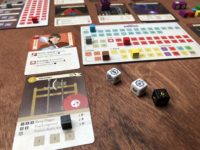


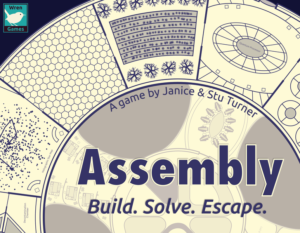
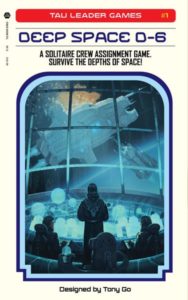
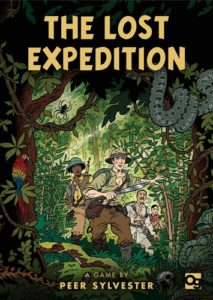
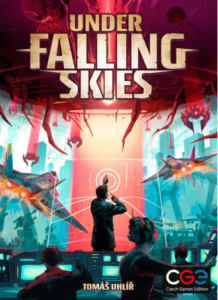
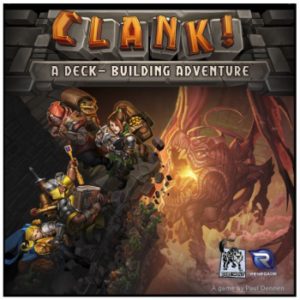
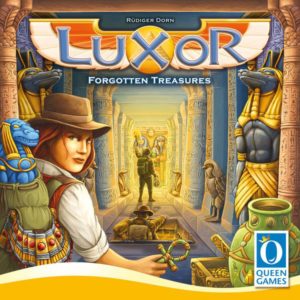
Sam says
There's something about this kind of adventuring, no matter how silly, that appeals to the little boy inside me, and Mini Rogue does adventure really rather well. Some cards are easy, others are harder. There's even a campaign mode to explore, if you like that kind of thing. The game's default feels pretty achievable in terms of winning, but you can make things harder for yourself for more of a challenge. I find the presentation delightful and the speed of play - once you've gotten your head around the iconography - nice and breezy. The caveat is that the iconography is fairly considerable - there is upwards of 40 icons to learn, albeit some of them cross over with each other. And the rulebook is not the most intuitively laid out - I often found myself hunting for what a certain symbol meant on my first couple of plays. But, once you're over that particular hurdle, Mini Rogue is fast, fun, and only occasionally furious.